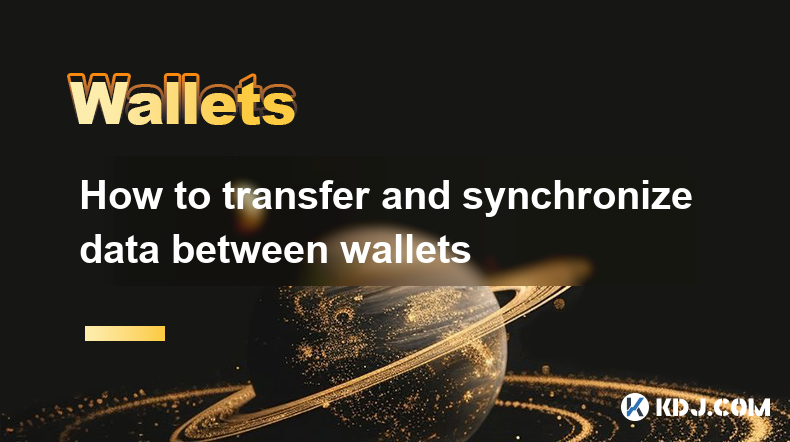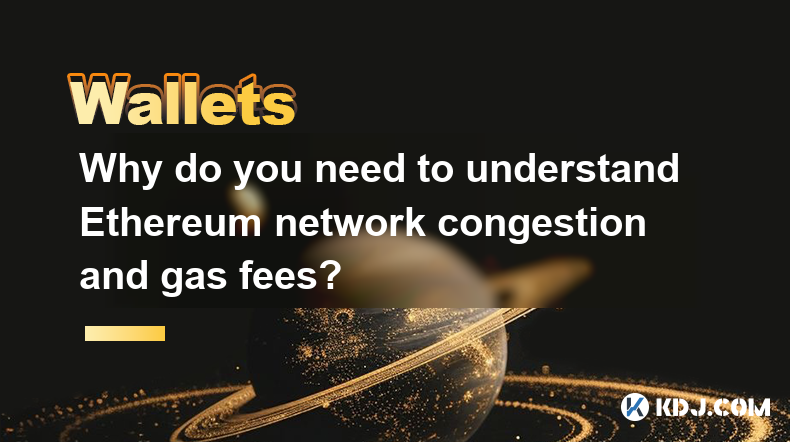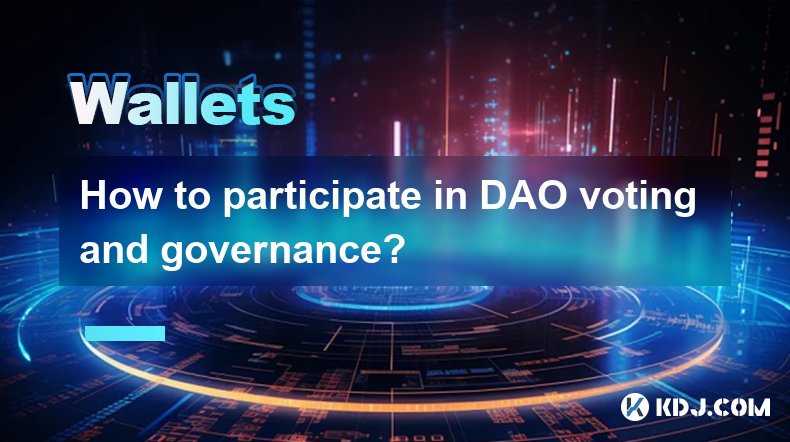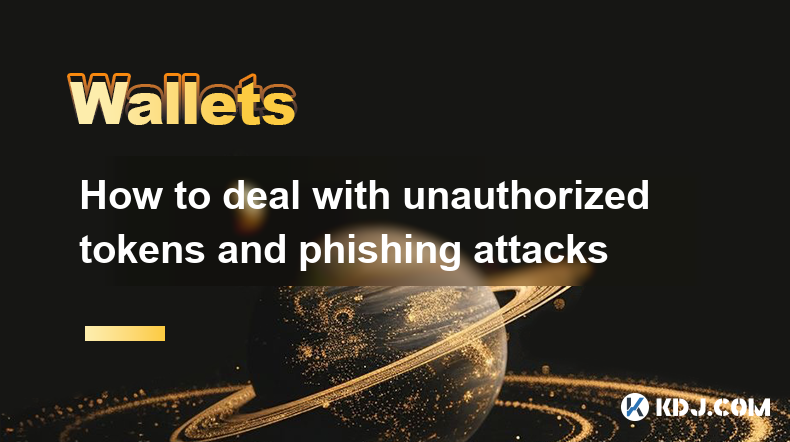-
 Bitcoin
Bitcoin $96,604.0476
-1.45% -
 Ethereum
Ethereum $2,752.0205
0.52% -
 XRP
XRP $2.5833
-0.87% -
 Tether USDt
Tether USDt $1.0000
-0.06% -
 BNB
BNB $657.7850
0.32% -
 Solana
Solana $173.4050
0.38% -
 USDC
USDC $1.0000
0.02% -
 Dogecoin
Dogecoin $0.2449
-3.00% -
 Cardano
Cardano $0.7719
-2.90% -
 TRON
TRON $0.2357
-3.45% -
 Chainlink
Chainlink $17.6899
-3.88% -
 Avalanche
Avalanche $25.5840
0.64% -
 Sui
Sui $3.4127
0.21% -
 Stellar
Stellar $0.3324
-0.86% -
 Litecoin
Litecoin $128.0813
-3.56% -
 Toncoin
Toncoin $3.6632
1.63% -
 Shiba Inu
Shiba Inu $0.0...01546
-0.49% -
 Hedera
Hedera $0.2148
-1.82% -
 UNUS SED LEO
UNUS SED LEO $9.7239
0.27% -
 Hyperliquid
Hyperliquid $24.7014
0.92% -
 Polkadot
Polkadot $5.0399
-2.52% -
 MANTRA
MANTRA $7.5462
0.22% -
 Bitcoin Cash
Bitcoin Cash $320.3260
-1.23% -
 Bitget Token
Bitget Token $4.9112
2.81% -
 Ethena USDe
Ethena USDe $0.9995
0.07% -
 Dai
Dai $1.0002
0.01% -
 Uniswap
Uniswap $8.9178
-2.78% -
 Monero
Monero $235.3515
0.22% -
 NEAR Protocol
NEAR Protocol $3.4964
-0.41% -
 Pepe
Pepe $0.0...09610
-0.19%
What scenarios does a multi-signature wallet work for?
Multi-signature wallets, with customizable features and enhanced security, offer various customizable features, enabling multiple parties to control and manage funds jointly.
Feb 21, 2025 at 02:18 pm

Key Points:
- A multi-signature wallet requires multiple participants (signers) to authorize transactions, ensuring increased security and accountability.
- Multi-signature wallets are ideal for scenarios where multiple parties need to control and manage funds jointly.
- They offer a range of customizable features, including the required number of signatures for transactions and the roles and responsibilities of signers.
Scenarios Where Multi-Signature Wallets Work:
1. Joint Business Accounts:
Multi-signature wallets are perfect for businesses with multiple authorized personnel, such as co-founders or key executives. By requiring multiple signatures for transactions, they prevent unauthorized access to company funds.
2. Shared Investments:
When individuals invest in a project or venture together, they can use a multi-signature wallet to manage the shared funds. This provides transparency and ensures that all parties must consent to transactions.
3. Escrow Services:
Multi-signature wallets are commonly used in escrow arrangements, where a third-party holds and distributes funds on behalf of two other parties. The wallet ensures that funds are not released without authorization from both the buyer and seller.
4. Inheritance and Legacy Planning:
Multi-signature wallets can be used to manage inheritance funds, ensuring that access to the funds is only granted to designated beneficiaries upon the fulfillment of certain conditions.
5. Non-Profit Organizations:
Non-profit organizations often use multi-signature wallets to enhance transparency and prevent fraud. By requiring multiple signatures for transactions, they ensure that financial decisions are made collectively by authorized personnel.
6. Community Governance:
Multi-signature wallets can be utilized by communities or groups to manage shared resources or funds. This ensures that all members have a say in decision-making and that transactions are authorized by a quorum.
7. Cold Storage and Offline Transactions:
A multi-signature wallet can be set up in cold storage, disconnected from the internet, for added security. This can be useful for storing large amounts of cryptocurrency offline while still allowing controlled access for authorized signers.
8. Smart Contract Interactions:
Multi-signature wallets can be integrated with smart contracts to facilitate conditional transactions. For instance, a multi-signature wallet can be used to enable token holders to approve or reject certain smart contract proposals or actions.
9. Multi-Layer Security:
Multi-signature wallets offer multiple layers of security compared to traditional single-signature wallets. By requiring multiple signatures, they prevent unauthorized access even if one or more private keys are compromised.
10. Co-location:
Multi-signature wallets can be utilized in situations where multiple parties require access to the same funds but are geographically dispersed. This ensures that transactions can be authorized and executed remotely, streamlining the process.
FAQs:
1. What is the minimum number of signers required in a multi-signature wallet?
The minimum number of signers is generally set at 2, but can be adjusted as needed. The ideal number depends on the specific scenario and the desired level of security.
2. Can a multi-signature wallet be hacked?
Multi-signature wallets are inherently more secure than single-signature wallets due to the multiple signatures required. However, if the majority of the signers' private keys are compromised, the wallet may be vulnerable to unauthorized access.
3. Are multi-signature wallets suitable for all cryptocurrency users?
Multi-signature wallets are primarily designed for situations where multiple parties need to manage funds jointly. They may not be necessary for individual users who solely control their own funds.
4. Can multi-signature wallets be used with different cryptocurrencies?
Multi-signature wallets generally support multiple cryptocurrencies, but the specific currencies supported vary depending on the wallet provider. Users should check with their wallet provider to confirm the supported currencies.
5. Are there any disadvantages to using multi-signature wallets?
One potential disadvantage is the need for multiple signatures for each transaction, which can be time-consuming in certain scenarios. Additionally, if one or more signers are unavailable or unresponsive, it may delay or prevent transactions from being authorized.
Disclaimer:info@kdj.com
The information provided is not trading advice. kdj.com does not assume any responsibility for any investments made based on the information provided in this article. Cryptocurrencies are highly volatile and it is highly recommended that you invest with caution after thorough research!
If you believe that the content used on this website infringes your copyright, please contact us immediately (info@kdj.com) and we will delete it promptly.
- Dogecoin Price Stagnation And Emerging Alternatives
- 2025-02-22 23:05:25
- Litecoin’s ETF hype faces bearish signals, while Lunex Network’s DeFi protocol surges 425%, drawing investor interest
- 2025-02-22 23:05:25
- Will Dogecoin’s Quiet Phase Lead to Another Explosive Rally?
- 2025-02-22 23:05:25
- DTX Exchange Cools Off as Meme Mania and ETF Filings Buzz Fizzles
- 2025-02-22 23:05:25
- Discover the Best Cryptos to Invest in Today as Qubetics, Bitcoin, and Chainlink Show Strong Breakout Potential
- 2025-02-22 22:55:25
- Dogwifhat (WIF) and Bonk (BONK) Price Correction Nearing End After 87% Price Dip
- 2025-02-22 22:45:25
Related knowledge

What are cold storage and hot storage? Which one is safer?
Feb 22,2025 at 03:18pm
Key Points:Cold storage and hot storage are two methods of storing cryptocurrencies.Cold storage involves storing cryptocurrencies offline, while hot storage involves storing them online.Cold storage is generally considered safer than hot storage, as it is not connected to the internet and is therefore less susceptible to hacking.Cold StorageCold storag...

How to synchronize wallets in multiple devices and browsers
Feb 22,2025 at 09:18am
Key Points:Understand the different types of cryptocurrency wallets and their synchronization capabilities.Learn how to synchronize hardware wallets with multiple devices.Discover the steps involved in synchronizing software wallets across platforms.Explore the options for synchronizing mobile wallets on different devices.Gain insight into browser exten...

How to transfer and synchronize data between wallets
Feb 21,2025 at 12:25pm
Key Points:Understanding different wallet types and their capabilitiesIdentifying similarities and differences between walletsExploring options for transferring and synchronizing dataEnsuring data security and integrity during transferAddressing common challenges and troubleshooting tipsHow to Transfer and Synchronize Data Between Cryptocurrency Wallets...

Why do you need to understand Ethereum network congestion and gas fees?
Feb 21,2025 at 04:48am
Key PointsUnderstanding Ethereum Network Congestion and Gas FeesGas Fees ExplainedFactors Affecting Network CongestionStrategies for Minimizing Gas FeesImpact of Ethereum UpgradesUnderstanding Ethereum Network Congestion and Gas FeesThe Ethereum network is a decentralized platform that hosts a vast ecosystem of decentralized applications (dApps), non-fu...

How to participate in DAO voting and governance?
Feb 21,2025 at 03:42pm
Key Points:Overview of DAO Voting and GovernanceUnderstanding DAO Structures and MembershipRole of DAO Tokens and Voting RightsParticipating in Voting and Proposal SubmissionLeveraging Governance Tools and PlatformsImpact of Voting Participation on DAO OutcomesBest Practices for Effective DAO GovernanceHow to Participate in DAO Voting and Governance1. U...

How to deal with unauthorized tokens and phishing attacks
Feb 21,2025 at 05:25am
Dealing with Unauthorized Tokens and Phishing Attacks in the Cryptocurrency CircleThe cryptocurrency market is rife with potential dangers, including unauthorized tokens and phishing attacks. To protect yourself from these threats, it's crucial to take proactive measures and be vigilant in your online activities.Key Points:Unauthorized Tokens: Tokens cr...

What are cold storage and hot storage? Which one is safer?
Feb 22,2025 at 03:18pm
Key Points:Cold storage and hot storage are two methods of storing cryptocurrencies.Cold storage involves storing cryptocurrencies offline, while hot storage involves storing them online.Cold storage is generally considered safer than hot storage, as it is not connected to the internet and is therefore less susceptible to hacking.Cold StorageCold storag...

How to synchronize wallets in multiple devices and browsers
Feb 22,2025 at 09:18am
Key Points:Understand the different types of cryptocurrency wallets and their synchronization capabilities.Learn how to synchronize hardware wallets with multiple devices.Discover the steps involved in synchronizing software wallets across platforms.Explore the options for synchronizing mobile wallets on different devices.Gain insight into browser exten...

How to transfer and synchronize data between wallets
Feb 21,2025 at 12:25pm
Key Points:Understanding different wallet types and their capabilitiesIdentifying similarities and differences between walletsExploring options for transferring and synchronizing dataEnsuring data security and integrity during transferAddressing common challenges and troubleshooting tipsHow to Transfer and Synchronize Data Between Cryptocurrency Wallets...

Why do you need to understand Ethereum network congestion and gas fees?
Feb 21,2025 at 04:48am
Key PointsUnderstanding Ethereum Network Congestion and Gas FeesGas Fees ExplainedFactors Affecting Network CongestionStrategies for Minimizing Gas FeesImpact of Ethereum UpgradesUnderstanding Ethereum Network Congestion and Gas FeesThe Ethereum network is a decentralized platform that hosts a vast ecosystem of decentralized applications (dApps), non-fu...

How to participate in DAO voting and governance?
Feb 21,2025 at 03:42pm
Key Points:Overview of DAO Voting and GovernanceUnderstanding DAO Structures and MembershipRole of DAO Tokens and Voting RightsParticipating in Voting and Proposal SubmissionLeveraging Governance Tools and PlatformsImpact of Voting Participation on DAO OutcomesBest Practices for Effective DAO GovernanceHow to Participate in DAO Voting and Governance1. U...

How to deal with unauthorized tokens and phishing attacks
Feb 21,2025 at 05:25am
Dealing with Unauthorized Tokens and Phishing Attacks in the Cryptocurrency CircleThe cryptocurrency market is rife with potential dangers, including unauthorized tokens and phishing attacks. To protect yourself from these threats, it's crucial to take proactive measures and be vigilant in your online activities.Key Points:Unauthorized Tokens: Tokens cr...
See all articles

















![BONK The Meme Coin MORE THAN ORDINARY [DOG] on Solana BONK The Meme Coin MORE THAN ORDINARY [DOG] on Solana](/uploads/2025/02/22/cryptocurrencies-news/videos/bonk-meme-coin-ordinary-dog-solana/image-1.jpg)


































































